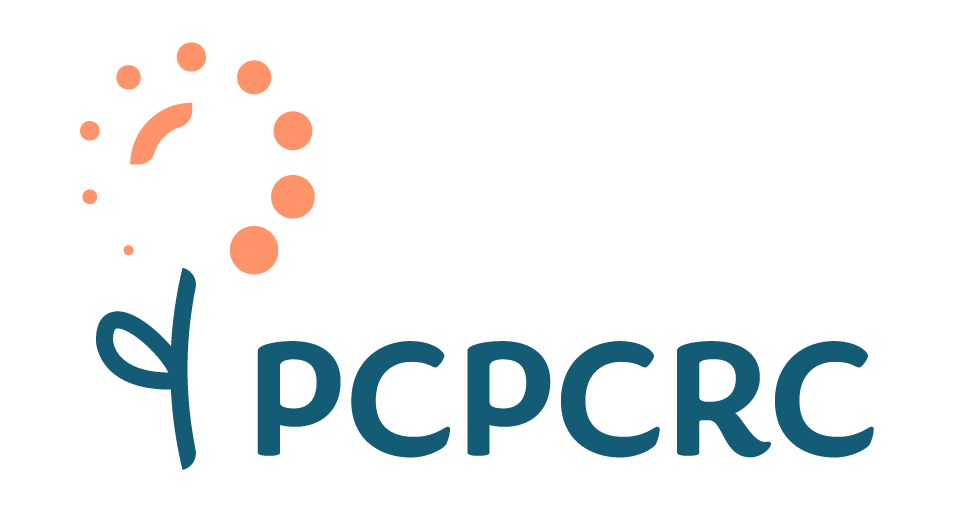
With over 100 investigators, healthcare providers, trainees, community and policy stakeholders, and patient and family partner members, the Pan-Canadian Palliative Care Research Collaborative is a network of practice-focused research groups aiming to produce high-quality palliative care research.
Our members have a passion for research and are looking to be actively involved in a palliative care research network. They come from many disciplines and include patients, caregivers, trainees, policy makers, clinicians, and researchers.
Dr. Zhimeng Jia is a palliative care physician and researcher at the Temmy Latner Centre for Palliative Care. His research is driven by an interest in understanding the systemic, interactional, and linguistic barriers that immigrant patients encounter while navigating serious illness. He is currently focused on his primary intercultural communication-based research, where he and his team seek to better understand the lived experiences of palliative care among Chinese patients. He is also currently working on a project exploring the experiences of palliative care leaders throughout the COVID pandemic, and a project adapting palliative care training programs for the cultural context of mainland China.
Dr. Jia first attended a meeting of the Pan-Canadian Palliative Care Research Collaborative (PCPCRC) in 2019. Three years later, in 2022, the PCPCRC launched the first round of its Seed Funding Competition, and Dr. Jia’s project, “Speaking Compassionately with Seriously Ill Chinese Immigrants and Their Caregivers (仁医仁语),” was one of four awarded funding that year. It aimed to better understand the perceived role and lived experiences of palliative care among Chinese patients. The team is hoping to use the insights gained from this research to inform how clinicians are trained, to build empathic responses, and to rebuild trust for a patient population that has been historically marginalized and traumatized by the structural barriers that they face.
This is one of the impacts of the PCPCRC for Dr. Jia. In the seed fund-winning project, he found that the PCPCRC backing has brought a sort of validation in the eyes of his patients, which he suspects has helped with patient recruitment. “They’ve been feeling [frustrations with their experience] for a while, but haven’t had anyone name it. For a national organization to pay tribute and pay attention to this and be willing to support it was really invigorating and exciting,” he explains.
The scale and tone of the network also have their benefits. “The name is so grand,” he says, “but the atmosphere of the group is so intimate.” He compares it to his experience in the US, where, with several large-scale research networks often separated by discipline, it can be difficult to feel included. “The PCPCRC was intended to be interdisciplinary from the get-go,” he continues, “and has had patient/caregiver advisors from the beginning. That has set the tone for the organization.”
Finally, he has found that having members from different backgrounds, like clinical, non-clinical, or health services research, for example—has made feedback sessions at PCPCRC meetings all the more fruitful. “It contributes to the overall rigor of the research program that the PCPCRC endorses,” he says. “The caliber of our researchers is just second to none.”

